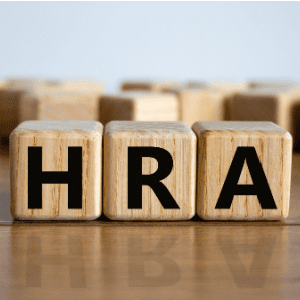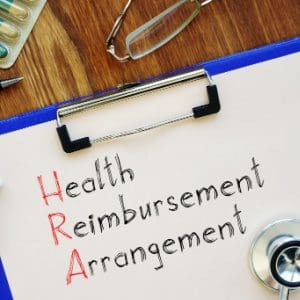What is the PCORI fee?
Two significant drivers in healthcare cost escalation have always been the lack of consumer knowledge about medical procedure cost and the lack of patient engagement in healthcare decisions. Thanks to healthcare consumerism, this is starting to change. Healthcare consumerism is a movement to improve the quality of healthcare services while making delivery more efficient and cost-effective. It aims to accomplish this goal by putting purchasing power and decision-making in the hands of consumers. Agencies providing resources










